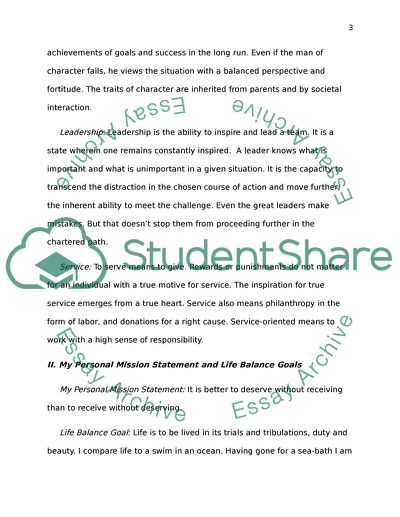Cite this document
(“Not Found (#404) - StudentShare”, n.d.)
Not Found (#404) - StudentShare. Retrieved from https://studentshare.org/psychology/1739158-personal-ethics-action-plan
Not Found (#404) - StudentShare. Retrieved from https://studentshare.org/psychology/1739158-personal-ethics-action-plan
(Not Found (#404) - StudentShare)
Not Found (#404) - StudentShare. https://studentshare.org/psychology/1739158-personal-ethics-action-plan.
Not Found (#404) - StudentShare. https://studentshare.org/psychology/1739158-personal-ethics-action-plan.
“Not Found (#404) - StudentShare”, n.d. https://studentshare.org/psychology/1739158-personal-ethics-action-plan.


